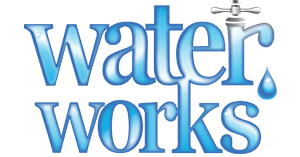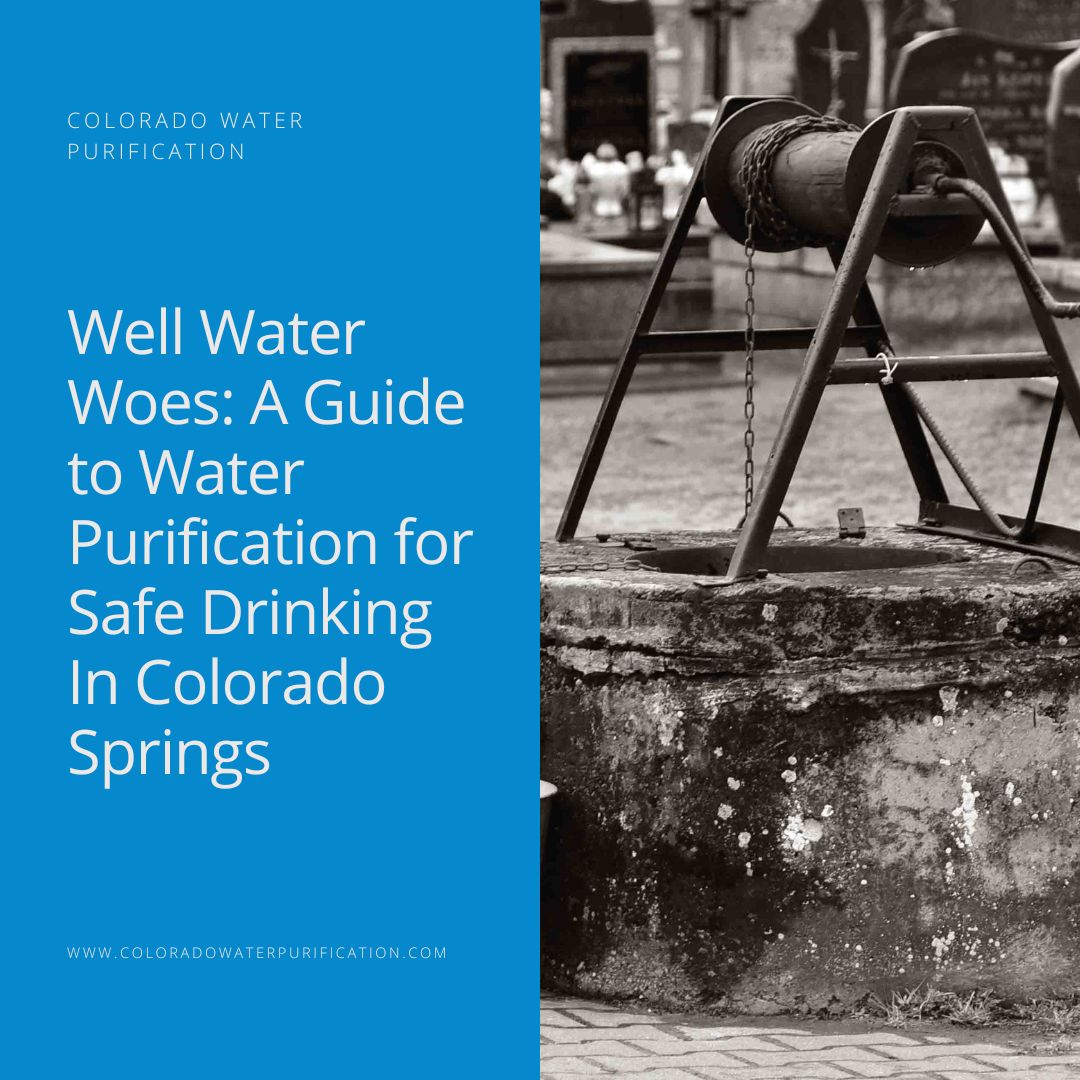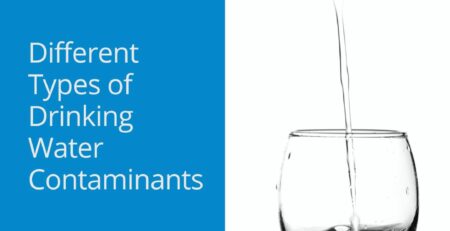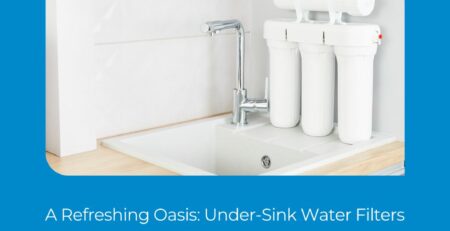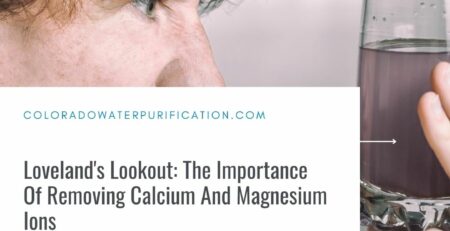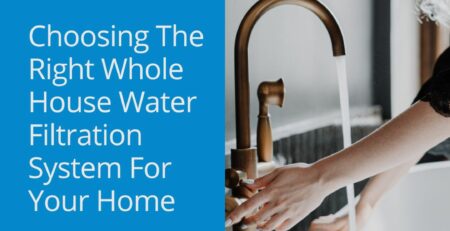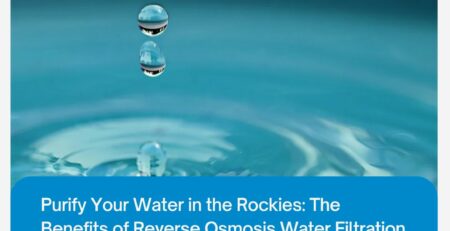Well Water Woes: A Guide to Water Purification for Safe Drinking In Colorado Springs
Colorado Springs is home to a wide array of great outdoor sights, from the majestic Rocky Mountains to Red Rock Canyon and Garden of the Gods—just to name a few. But one aspect that isn’t so picture-perfect? The drinking water. Despite all its natural beauty, Colorado Springs gets its water straight from untreated wells and aquifers, which can lead to safety concerns for CBD users who are looking for clean and pure H2O as part of their daily supplement routine. In this guide, we’ll discuss water purification options available in Colorado Springs: what they are, what makes them safe (if applicable), and how you can go about getting them into your own household!
Understanding the Different Types of Well Water Contamination in Colorado Springs
It’s important to understand the different types of well water contamination in Colorado Springs. Knowing what types of contaminants may be present in your well water can help you protect your family from health risks and make sure your family has access to clean, safe drinking water. There are several types of contaminants like organic matter, nitrate-nitrogen, industrial pollutants, heavy metals, and microbial impurities that can be found in well water. The Environmental Protection Agency recommends testing for these contaminants annually if you get your drinking water from a private well. Testing for contaminants will help provide the data necessary to make decisions on what treatment options may best suit your needs to ensure safe and clean drinking water for your family.
Tips for Choosing an Appropriate Water Purification System
Whether you’re looking for a way to make sure your drinking water is clean and safe or seeking just the right water filtration system for a municipal area, choosing an appropriate purification system doesn’t have to be difficult. Start by researching applicable laws and regulations in your region. Then, consider if there are any specific contaminants that need removal. Lastly, consider what materials will work best with the environment in which you are operating – ultimately how well it can handle temperature extremes and other factors. With the right combination of research, preparation and testing, finding an effective water purification system should be simple!
How to Install a Water Filter or Purifier
Installing a water filter or purifier can be simple and straightforward! With specific models, you can have your water filtered in no time. For those with the do-it-yourself knowledge and ability, you should begin by evaluating your area’s existing water hookup infrastructure and deciding which model will best suit your needs. When choosing a filter, opt for one that has been certified by an accredited testing laboratory such as NSF International to ensure optimal performance and quality. Once you have chosen the right type of filter, you can get started on the installation. Generally, steps might include setting up the mounting bracket and connecting the hose from the faucet to the filter. You may also need to divert cold water into the filter instead of going directly to your sink faucet. Any required tools can mostly be found in a home repair set at most hardware stores or online retailers at affordable prices. Follow all instructions as provided with your specific model for a perfect install of your water filter or purifier!
Signs You Should Have Your Well Water Tested
If you rely on a private well for your drinking water, it’s important to be aware of some signs that can indicate that your water may not be safe. One sign is if the water entering your home is discolored or has an unusual odor- this may indicate the presence of bacteria or chemicals in your water supply. Additionally, if you notice mineral staining on your fixtures, such as reddish orange stains on bathtubs and sinks, you should contact a professional. Finally, if your home has experienced flooding within the last year, it’s recommended that all residents have their water tested for unsafe levels of possible contaminants caused by the flooding. Should you observe any of these warning signs, seek out qualified testing services in order to help ensure the safety of your drinking water.
Benefits of Installing a Water Softener System
If you’re looking for a way to keep your home’s water safe, clean and soft, then installing a water softener system is a great option. Water softener systems work by treating water with minerals as it enters the home, helping to remove contaminants and impurities. By having this system in place, your family can enjoy access to softer water that not only looks and tastes better but also prevents damage to plumbing fixtures and appliances caused by hard water buildup. Additionally, households with a water softener may experience fewer limescale deposits in taps, showers and other places around the house. In addition to supplying cleaner, softer water for drinking and showering, these systems can also help save energy by making it easier for heating elements to heat the water coming out of them. All in all, installing a water softener system provides multiple advantages that make it an easy choice for many homeowners.
DIY Solutions for Ensuring Safe Drinking Water from your Well
Ensuring that your drinking water is safe and free of contamination should be a priority. Luckily, as a well owner, you have access to a variety of affordable and effective DIY solutions. Testing the quality of the water periodically can provide an early indication of contamination and can help you take proactive steps or alert the appropriate authorities if necessary. Other simple solutions include assessing pipes and seals, which keep out contaminants, as well as installing both point-of-entry and point-of-use systems to filter out bacteria and other potentially harmful substances in the water. By taking advantage of these simple yet essential DIY measures for safe drinking water from your well, you can protect your family’s health.
In conclusion, understanding the issues and solutions to well water contamination in Colorado Springs is an important endeavor for all homeowners. There are a variety of issues with water quality that can arise from your well including bacteria, heavy metals, pesticides, nitrates, and more. If you suspect your home has any of these contaminants, it’s important to test and then install the appropriate purification system. To ensure safe drinking water for your family, there are many solutions available, depending on your needs – from basic DIY maintenance measures to comprehensive water treatment systems. Taking the time to research and implement solutions for your well water will give you peace of mind and help safeguard the health of your family and pets.
